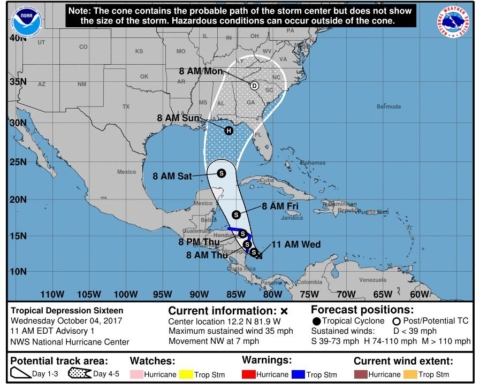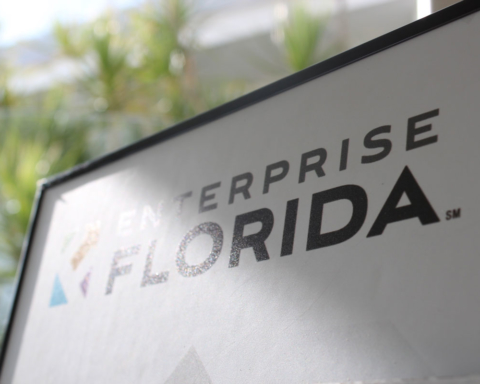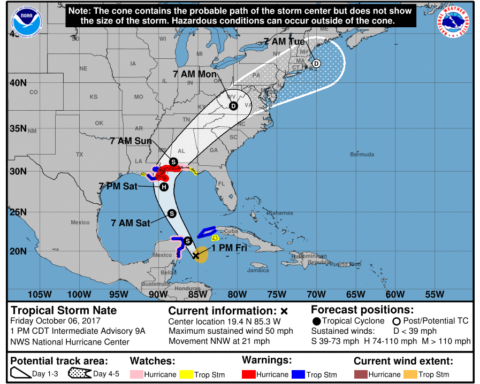If there is one aspect of Florida’s campaign finance laws that does not benefit big business and its lapdogs in the Legislature, it is laws requiring the Division of Elections to provide an Internet-based disclosure system that details “who gives what.”
By visiting the Division’s site and scrolling down to the Candidates and Committees section, any Floridian with computer access can see who gave what to which candidate, and how much. You can pull up all the candidates for a particular race or a particular county. You can sort all of this information by a variety of fields. You can download the information directly to your computer where you can investigate the information more thoroughly. There is literally a cornucopia of information to be obtained on this site, making it one of the few ways the public can hold candidates accountable for their campaign finance actions.
The information on the site has been utilized by the media, researchers and students, if not opposing campaigns, to keep each candidate as honest as possible about who is funding their campaign. Certainly, the system could be better (why not require contribution information in real-time during the final weeks of the election when campaigns receive large infusions of money?), but the system could be far worse. How bad could it be?
Just take a look — not that there is much to see — at what the Florida Legislature discloses concerning the compensation of legislative lobbyists. State legislators enacted a sweeping ban last December on gifts from lobbyists and also required, for the first time, that lobbyists disclose how much their clients pay them.
The first disclosures were due in May, but state officials waited until June 1 to send lobbyists a warning letter that gave them 30 days to comply or face fines or harsher penalties (Gary Fineout, Miami Herald, June 18, 2006). Visit the websites of either the Florida House or the Florida Senate, click on Lobbyist Information, then Legislative Lobbyist Compensation Reports and you will taken into a black hole of files and PDFs so cumbersome to review that you will inevitably give up whatever search you had undertaken. Then again, isn’t that the point? Not to provide due diligence, merely the appearance of it.
Look for yourself! Whoever “designed” this system has organized the site into a series of PDFs — not Excel or Access based data. That means someone interested in finding out how much the NRA is paying Marion Hammer to influence the Legislature has to scroll through every single PDF to get the full picture. The PDFs, most of which appear to be handwritten documents scanned into a database, are organized by the date they were filed, as if that’s a logical starting point. Then they’re sorted alphabetically. That’s like organizing your garage by the color of your tools. Because everything on these forms is either handwritten or typed in, it is unrecognized by the search function in the latest version of Acrobat Reader. So to find information about Ronnie Book, for example, you’ll need to look through every report just to make sure you didn’t miss something. (Not that these forms are that illuminating anyway. They merely indicate which firm was paid, and only in ten-thousand-dollar ranges.)
So let’s recap, to comply with Senate President Tom Lee’s most important piece of legislation, his own staff created a database of PDFs that is sorted in the most illogical way possible. If Tom Lee is serious about this law, he needs to instruct his staff to build a complete database of the lobbyists’ compensation information. It needs to be as thorough as the Division of Elections campaign finance database, meaning the information needs to be data-entered so that it can be easily accessed and researched. Then the database should go one step further and match the compensation reports with the state’s listing of lobbyists. But that’s only if the Florida Legislature is serious about restoring integrity to its body. Otherwise, we’ll just keep plowing through these PDFs.







